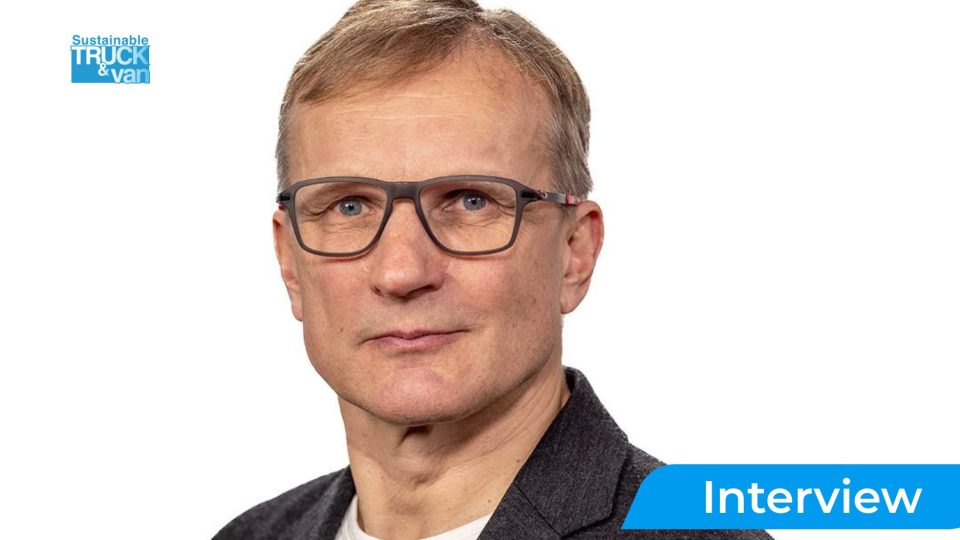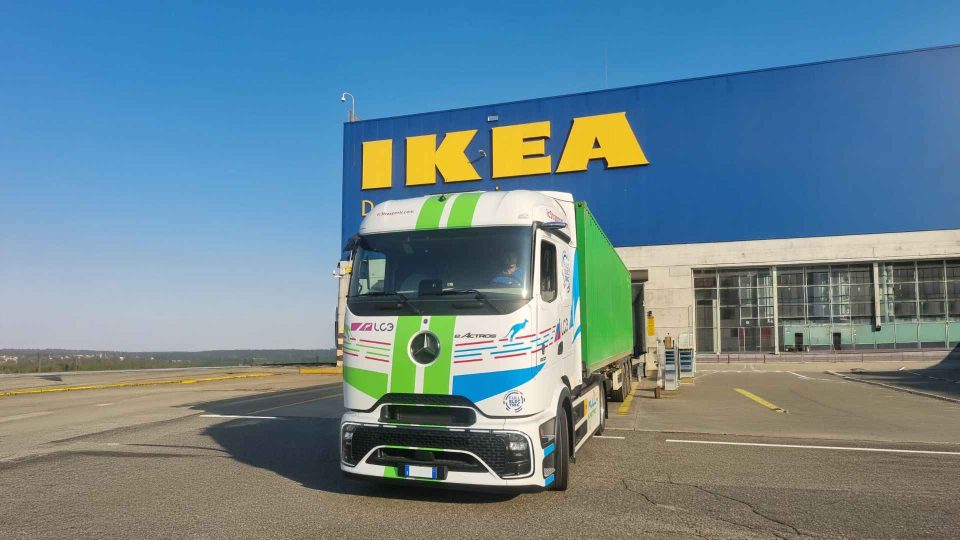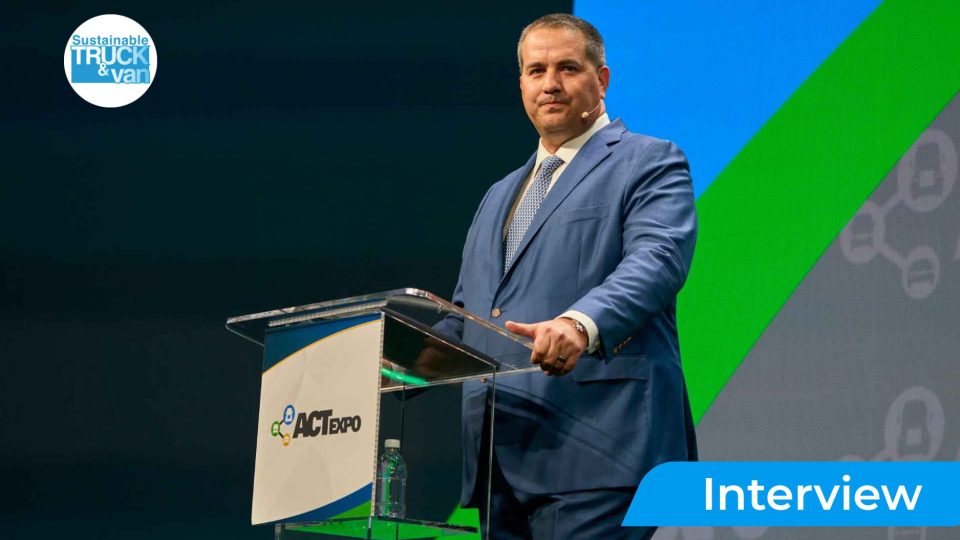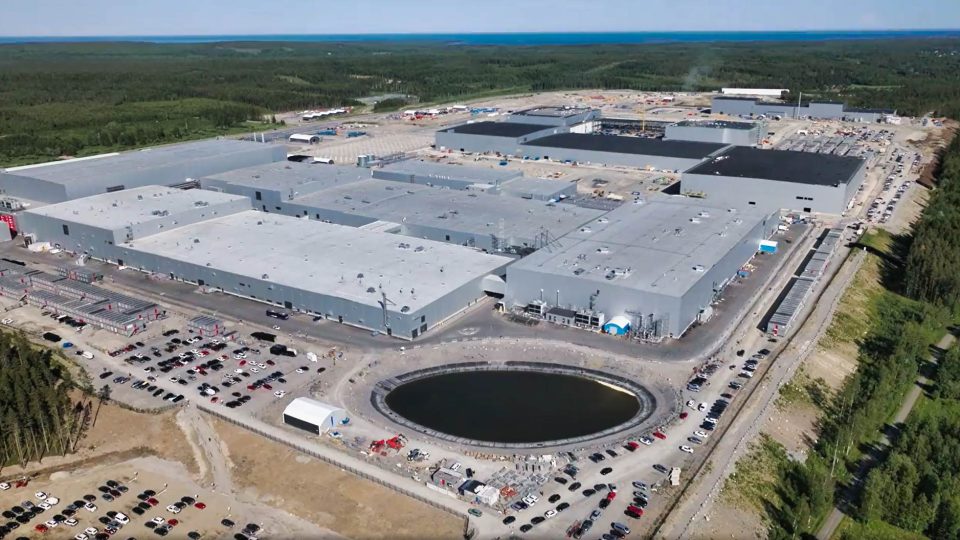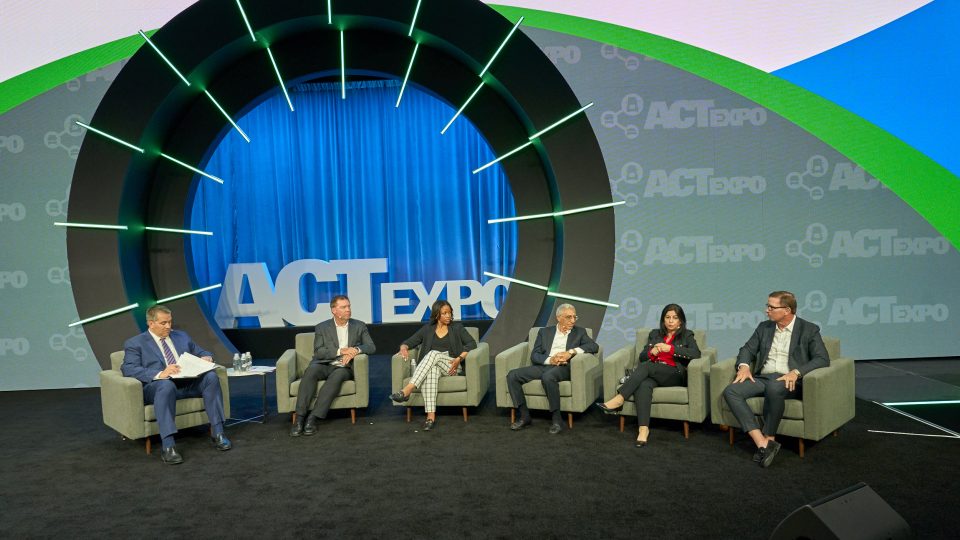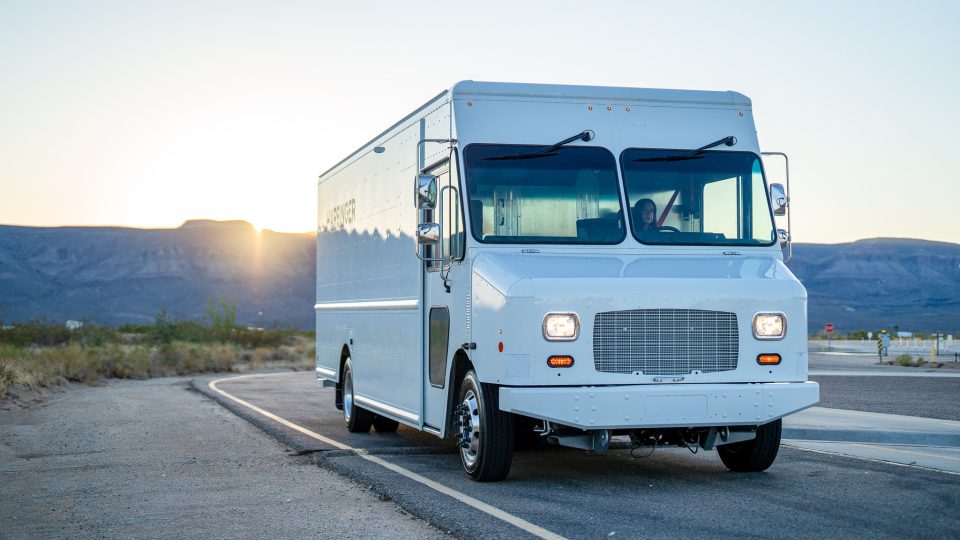Nissan EV36Zero EV hub in Sunderland (UK) is a massive investment in view of sustainability
According to the forecasts, the newly-announced projects should ensure 6,200 jobs at Nissan and its UK suppliers, including more than 900 new Nissan jobs and 750 new Envision AESC jobs at its new smart, low-carbon battery plant.
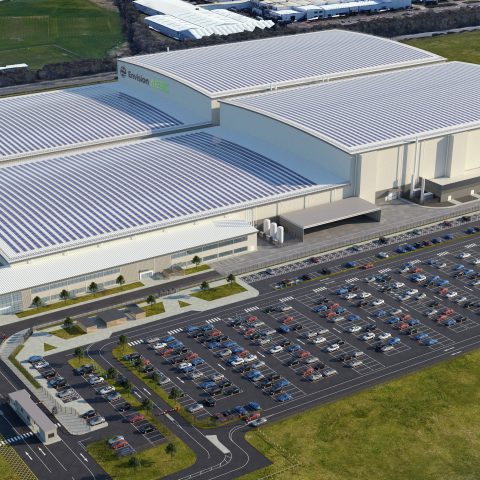
With an event in live streaming, Nissan has announced today its EV36Zero EV hub in Sunderland (UK), a one-billion pounds investment made by the Japanese carmaker in view of carbon neutrality.
The ambitious project sees Nissan partnering with Envision AESC, a global player in world-leading battery technology, and Sunderland City Council. Comprised of three interconnected initiatives, Nissan EV36Zero brings together electric vehicles, renewable energy and battery production.
Nissan’s comprehensive approach
«This project comes as part of Nissan’s pioneering efforts to achieve carbon neutrality throughout the entire lifecycle of our products. Our comprehensive approach includes not only the development and production of EVs, but also the use of on-board batteries as energy storage and their reuse for secondary purposes», said Nissan President and Chief Executive Officer, Makoto Uchida, during the presentation.
Unveiling Nissan EV36Zero at the Sunderland Plant, Nissan’s Chief Operating Officer, Ashwani Gupta, said: «This is a landmark day for Nissan, our partners, the UK and the automotive industry as a whole. Nissan EV36Zero will transform the idea of what is possible for our industry and set a roadmap for the future for all».
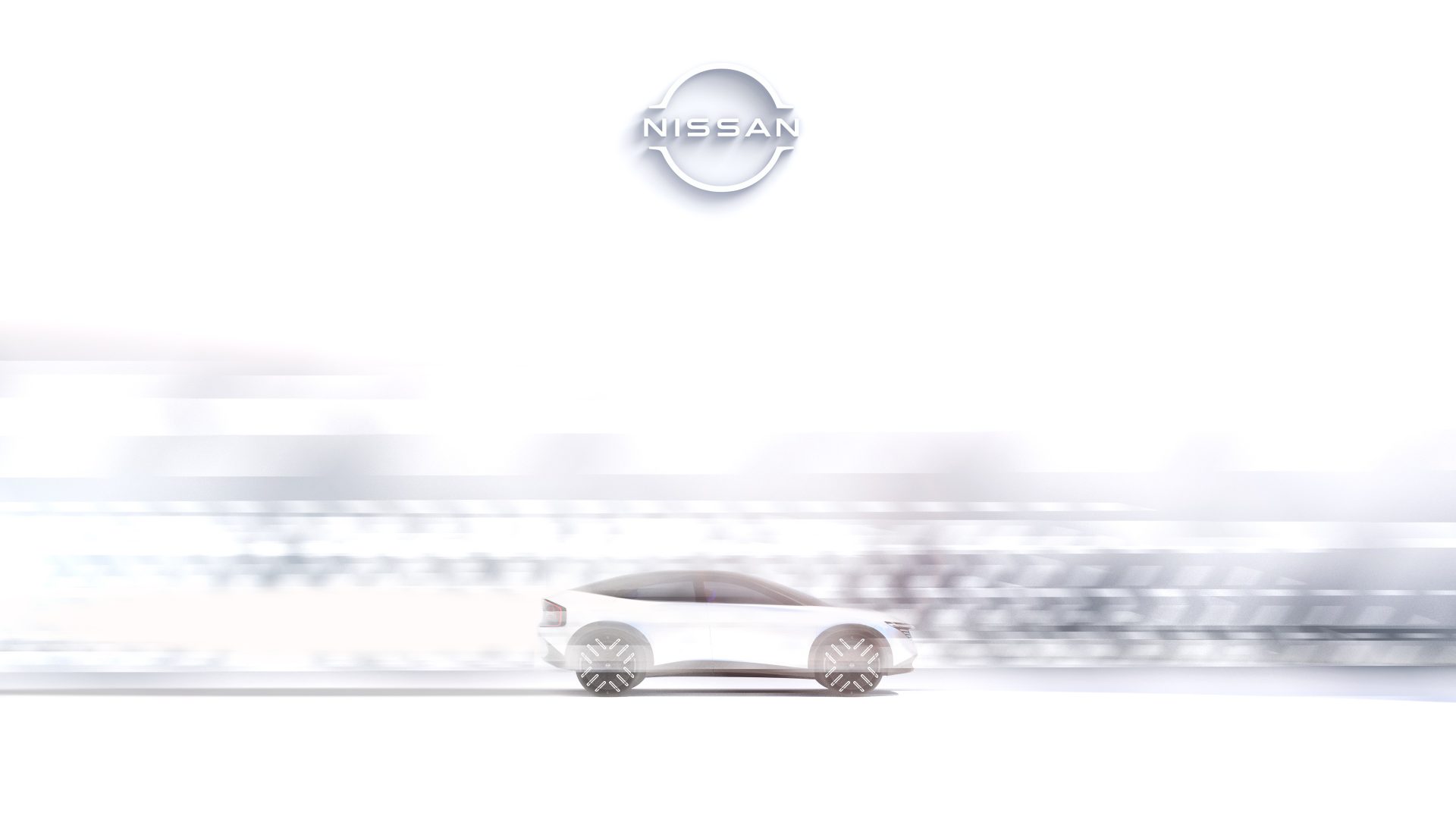
Nissan EV36Zero EV hub to ensure occupational benefits
According to the forecasts, the newly-announced projects should ensure 6,200 jobs at Nissan and its UK suppliers, including more than 900 new Nissan jobs and 750 new Envision AESC jobs at its new smart, low-carbon battery plant.
Envision AESC, the battery arm of global green tech company Envision Group, will deploy integrated AIoT smart technology to monitor and optimize energy consumption, manufacturing and maintenance at its new gigafactory, enabling it to rapidly increase production and provide batteries to power up to 100,000 Nissan electric vehicles a year.
Nissan’s announcement to build its new-generation all-electric vehicle in Sunderland, alongside a new gigafactory from Envision-AESC, is a major vote of confidence in the UK and our highly-skilled workers in the North East. Building on over 30 years of history in the area, this is a pivotal moment in our electric vehicle revolution and securing its future for decades to come
Boris Johnson, UK Prime Minister
A new-generation electric crossover
As part of the 1 billion pounds announcement, Nissan will invest up to 423 million pounds to produce a new-generation all-electric vehicle in the UK. Designed for global markets, UK production will be exported to the European markets traditionally served by Nissan’s Sunderland plant. The new crossover will be built on the Alliance CMF-EV platform, with a forecasted production capacity of up to 100,000 units to be installed.
Increasing cost-competitiveness of electric vehicles
Envision AESC, which already owns and operates Europe’s first battery plant in Sunderland, will invest 450 million pounds to build the UK’s first gigafactory on the International Advanced Manufacturing Park (IAMP), adjacent to the Nissan plant, powered by renewable energy and pioneering next- generation battery technology.
The new plant will increase the cost-competitiveness of EV batteries produced in the UK, including through a new Gen5 battery cell with 30 percent more energy density which improves range and efficiency. This commitment will power Nissan’s new vehicles, supporting the continued localization of vehicle parts and components with advanced technology. This will make batteries cheaper and EVs more accessible to a growing number of customers in the future.



